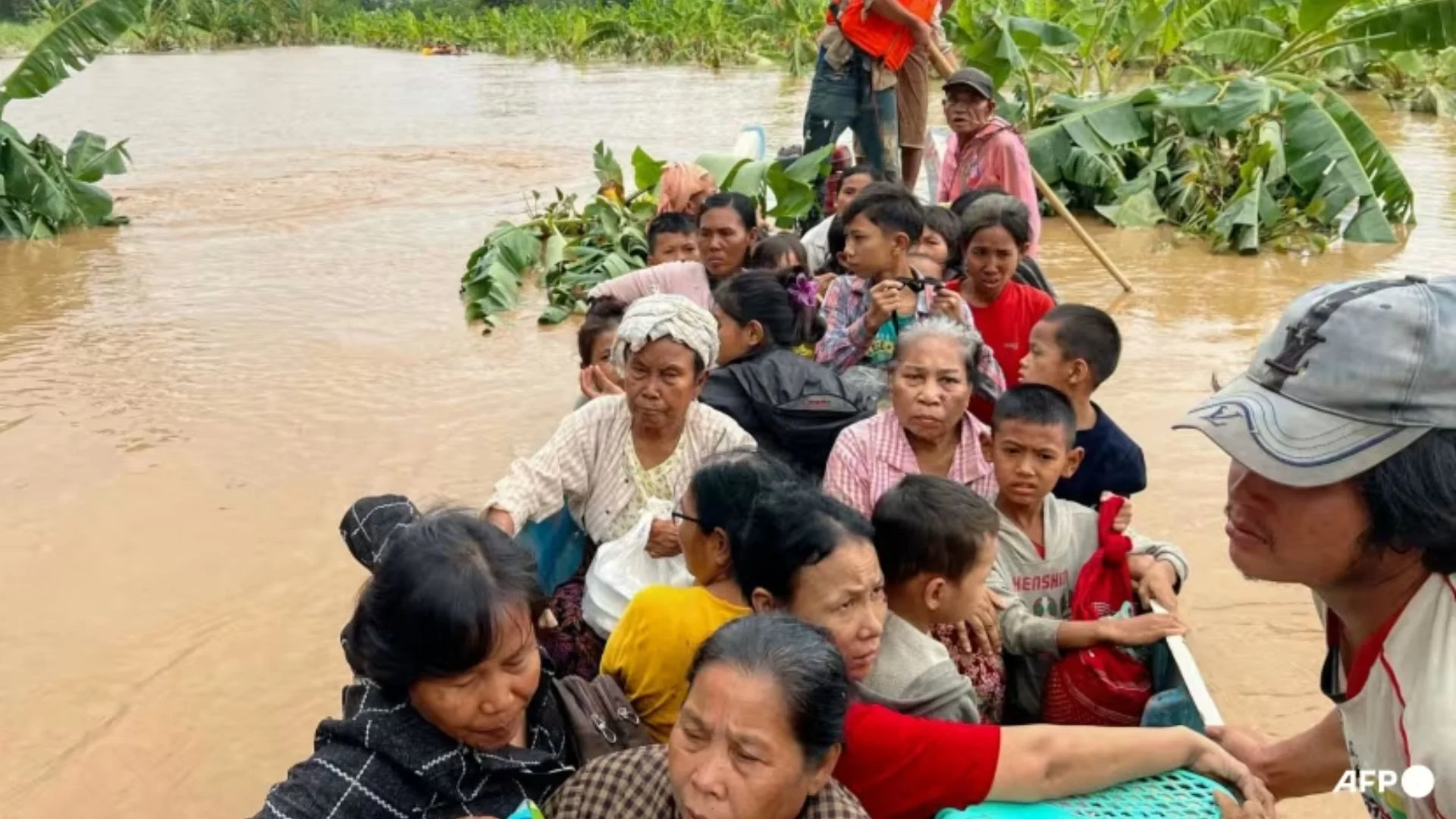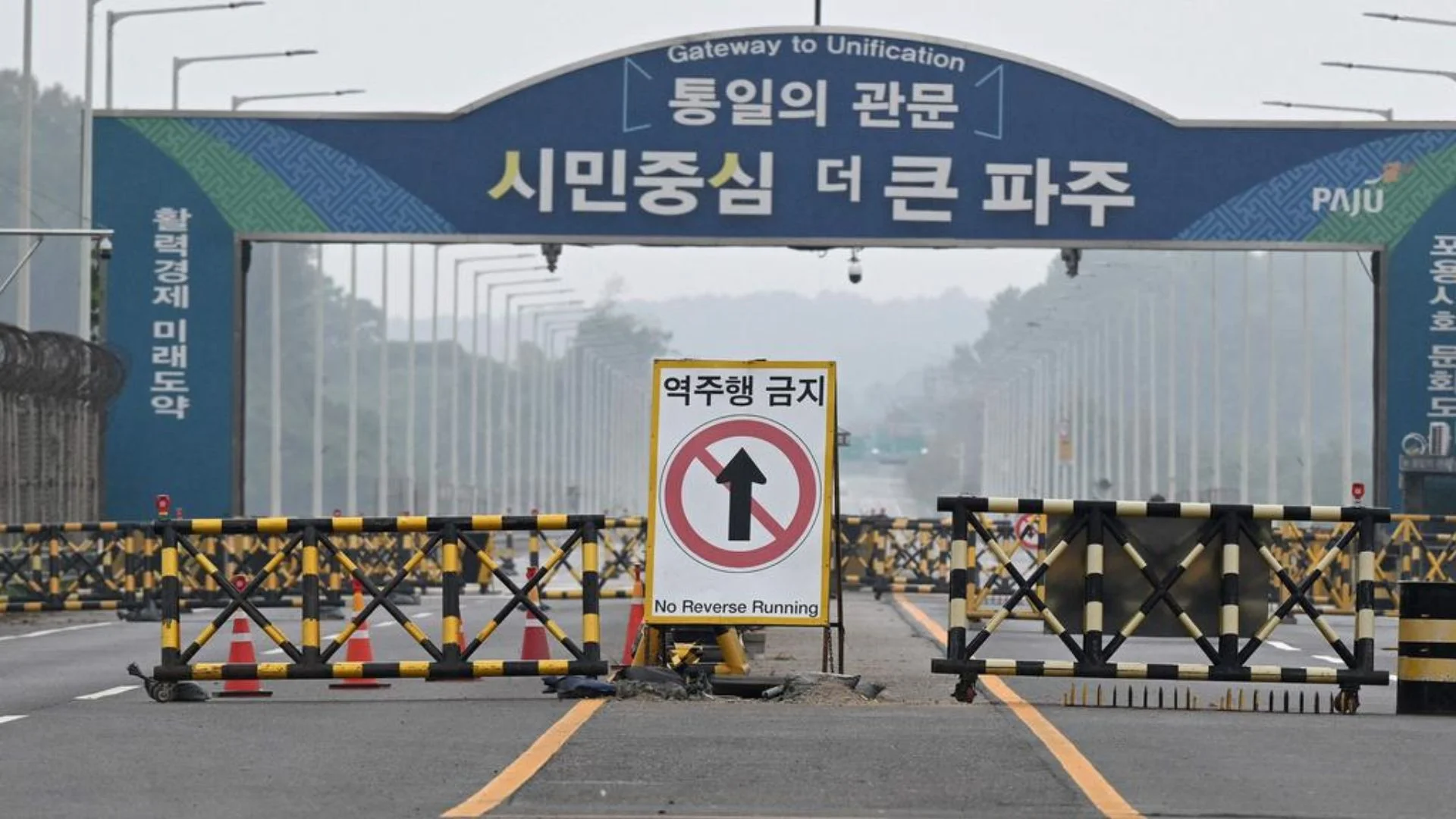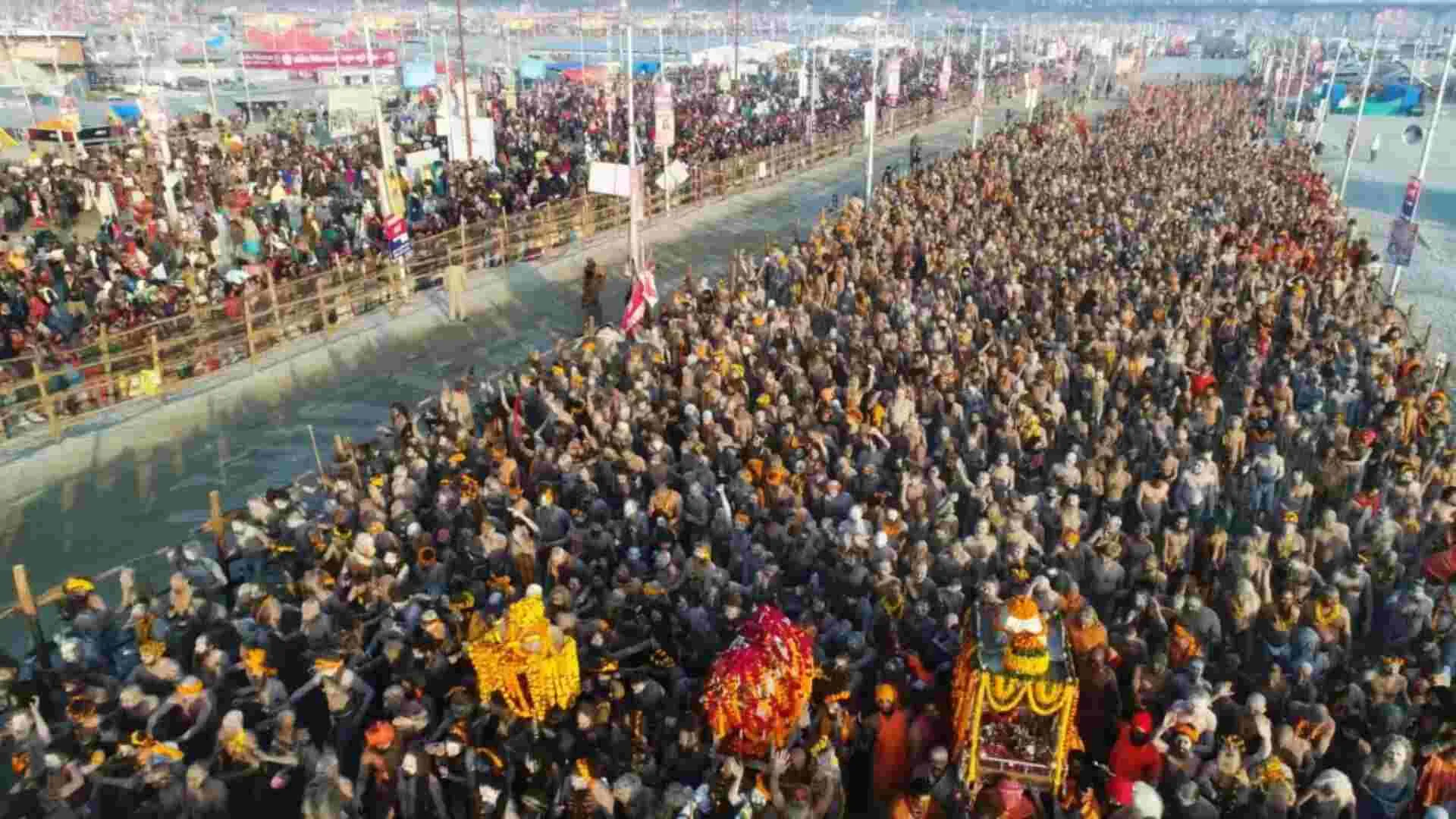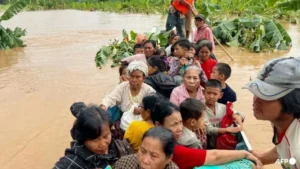Severe flooding has struck Myanmar following the destructive passage of Typhoon Yagi, displacing over 230,000 people, according to official reports. The military junta has appealed for international aid to address the crisis, with the capital, Naypyidaw, among the hardest-hit regions. The floods have claimed at least 33 lives, though Radio Free Asia reports the actual death toll may be as high as 160 due to floods and landslides. Temporary relief camps have been established for displaced residents.
Typhoon Yagi, Asia’s most powerful storm this year, previously impacted Vietnam, the Chinese island of Hainan, and the Philippines. Junta leader General Min Aung Hlaing has visited affected areas to oversee rescue operations. However, rescue efforts are strained, with reports of over 300 people trapped by floodwaters along the Sittaung River, according to BBC Burmese.
Scientists attribute the increasing frequency and intensity of typhoons to climate change, with warmer ocean temperatures fueling stronger storms. Myanmar, already grappling with the displacement of millions due to an ongoing civil war, now faces an escalating humanitarian crisis. The UN estimates 18.6 million people in Myanmar are in urgent need of assistance, as many are left without access to clean water, sanitation, and basic healthcare. The International Red Cross warns of deteriorating conditions amid ongoing conflict and disrupted livelihoods.














